I’d like to invite you to the forthcoming seminars organised by the Women’s Academic Network.
Dr Cynthia Carter
Venue: K101
Date and time: Friday, 28 Feb, 14:00-16:00
Biography (http://www.cardiff.ac.uk/jomec/contactsandpeople/profiles/carter-cynthia.html):
Dr Cynthia Carter is a Senior Lecturer in the Cardiff School of Journalism, Media and Cultural Studies, Cardiff University.
Her books include Current Perspectives in Feminist Media Studies (Routledge, 2013); Critical Readings: Violence and the Media (Open University Press, 2006); Critical Readings: Media and Gender (Open University Press, 2004), Violence and the Media (Open University Press, 2003), Environmental Risks and the Media Routledge, 2000) and News, Gender and Power (Routledge, 1998). She is currently co-editing a companion on media and gender.
She is Founding Co-Editor of the journal Feminist Media Studies (Routledge) and is editorial board member of Communication, Culture & Critique (Wiley-Blackwell), Communication Review (Taylor & Francis), Communication Theory (Wiley-Blackwell), Critical Studies in Media Communication (Taylor & Francis), Fifth Estate (online), Journal of Children and Media (Routledge), Online Journal of Communication and Media Technologies, Sociology Compass (Blackwell), and Studies on Women and Gender Abstracts (Routledge).
Cindy will discuss her work with the Global Media Monitoring Project (http://www.whomakesthenews.org), the largest longitudinal study on gender in the world’s media. She has been involved in the study since 2000.
Professor Catherine Cassell
Title of presentation: The state of qualitative management research and future challenges for qualitative researchers
Venue: EB206
Date and time: Thursday, 03 April, 2014, 14:00-16:00
Biography:
Catherine Cassell is Professor of Organisational Psychology. Previously she was Head of the School’s People, Management and Organisations Division and head of Postgraduate Research programmes. Before joining MBS she held appointments in the Management School at the University of Sheffield and at Sheffield Business School. She was the founding chair of British Academy of Management’s Special Interest group in Research Methodology – a group she is still heavily involved with – and is currently a member of the Association of Business School’s Research Policy Committee. Professor Cassell is an Associate Editor of the ‘British Journal of Management’, inaugural co-Editor of ‘Qualitative Research in Organisations and Management: an international journal’, and on the Editorial Advisory Boards of five other journals. She is a Fellow of the British Academy of Management and an Academic Fellow of the Chartered Institute of Personnel and Development.
Catherine’s research interests are in the area of organisational change and learning; and diversity and dignity in the workplace. She has a specific interest in the use of qualitative research techniques in both management and organisational research. Together with Gillian Symon from Birkbeck she has published a number of books and articles in this area, plus chaired and convened symposia at international conferences. She has also jointly edited special issues of a number of different journals all focused on the use of qualitative methods and alternative epistemological approaches in management and organizational research. Furthermore she has completed a two year ESRC funded project entitled ‘Benchmarking good practice in qualitative management research’ (with G. Symon and P. Johnson) where the team developed training materials aimed at enhancing good practice in the field. She has also received research grants from a number of organisations including ESRC, EPSRC, British Academy, ERDF and the EU and has supervised 15 doctoral students to completion.
For catering purpose, please book your place with Staff Development staffdevelopment@bournemouth.ac.uk
Christine Bosse
Venue: EB306
Date and time: Friday, 11 April, 2014, 15:00-17:00
She is widely known in the public for her direct and no-nonsense communication and is enthusiastically engaged in the societal debate for a better and safer world. She is a role model for many aspiring young people as the highest ranking female CEO in Denmark and was appointed the 22nd most influential business woman in the world in 2009 and 2010 by the Financial Times.
Stine Bosse serves as chairman of Flügger Denmark, The Royal Danish Theater, CONCITO, Børnefonden, and Copenhagen Art Festival. She serves as vice chairman of ChildFund Alliance and sits on the board of among others TDC, Allianz and Aker ASA. Additionally, Stine Bosse is the former chairman of the supervisory board of the Danish Insurance Association (Forsikring & Pension), and former board member of Grundfos, Nordea Bank A/S and Amlin plc. In the Spring 2010, Stine Bosse was appointed Advocate for the Millenium Development Goals by the UN Secretary General, Ban Ki-moon, to fight world hunger and poverty. Stine is also the founder of Women in Europe Network.
 Back in April 2011 we launched the BU Open Access Publication Fund. This is a dedicated central budget that has been launched in response to, and in support of, developments in research communication and publication trends. The fund is also to support research in complying with some of the major funding bodies who have introduced open access publishing requirements as a condition of their grants.
Back in April 2011 we launched the BU Open Access Publication Fund. This is a dedicated central budget that has been launched in response to, and in support of, developments in research communication and publication trends. The fund is also to support research in complying with some of the major funding bodies who have introduced open access publishing requirements as a condition of their grants.





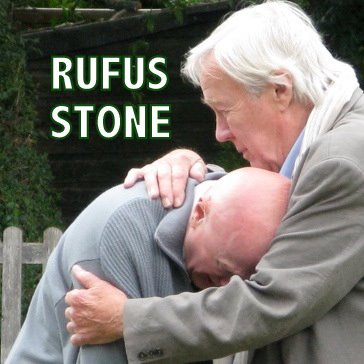


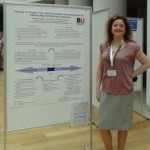
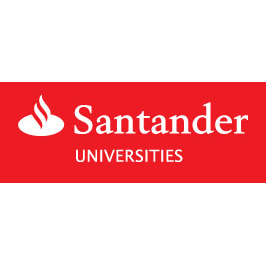
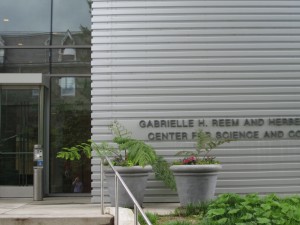
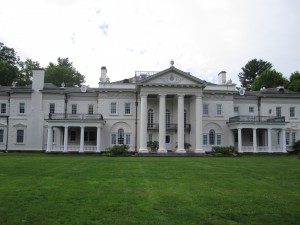
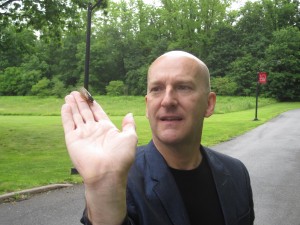
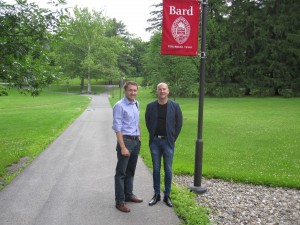











 Upcoming opportunities for PGRs – collaborate externally
Upcoming opportunities for PGRs – collaborate externally BU involved in new MRF dissemination grant
BU involved in new MRF dissemination grant New COVID-19 publication
New COVID-19 publication MSCA Postdoctoral Fellowships 2024
MSCA Postdoctoral Fellowships 2024 Horizon Europe News – December 2023
Horizon Europe News – December 2023